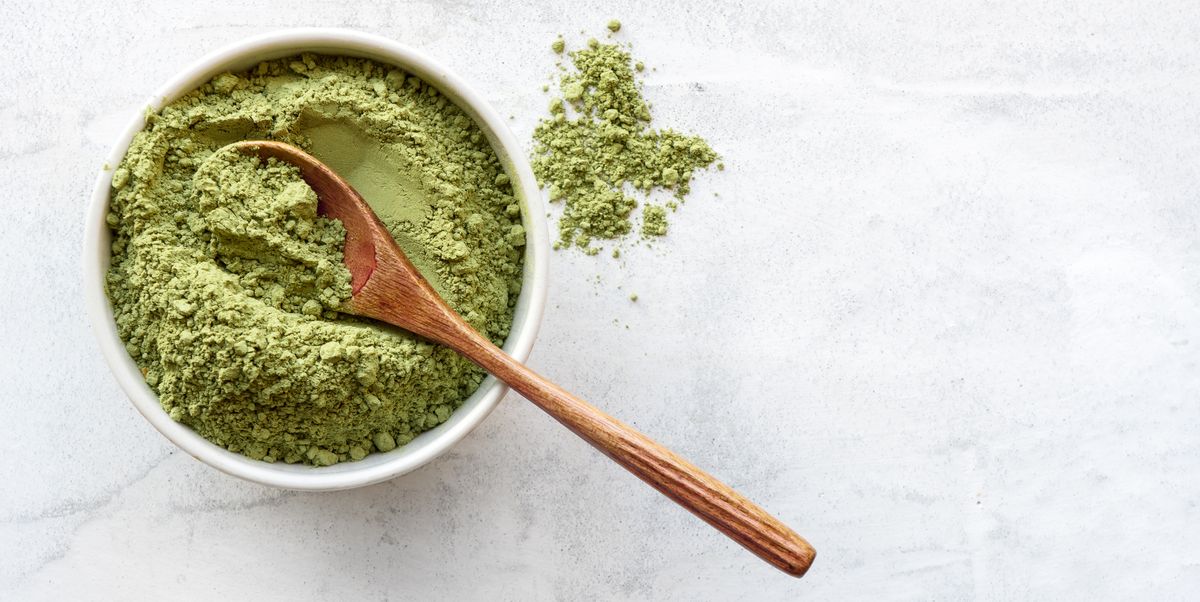3 Things You Should Know About Matcha
This form of green tea is getting a lot of buzz.
🌱 Matcha is a special form of green tea
Matcha literally means "powdered tea." When you order traditional green tea, components from the leaves get infused into the hot water, then the leaves are discarded. With matcha, you’re drinking the actual leaves, which have been finely powdered and made into a solution, traditionally by mixing about a teaspoon of matcha powder with a third cup of hot water (heated to less than a boil), which is then whisked with a bamboo brush until it froths.
💪 It offers health benefits
Because matcha is made from high-quality tea, and the whole leaves are ingested, it’s a more potent source of nutrients than steeped green tea. In addition to providing small amounts of vitamins and minerals, matcha is rich in antioxidants called polyphenols, which have been tied to protection against heart disease and cancer, as well as better blood sugar regulation, blood pressure reduction, and anti-aging. Another polyphenol in matcha called EGCG has been shown in research to boost metabolism, and slow or halt the growth of cancer cells.
☕It contains caffeine
Because you’re consuming whole leaves in matcha, you may get three times as much caffeine than a cup of steeped tea, about the amount in a cup of brewed coffee. Matcha aficionados say that compared to the caffeine buzz from coffee, matcha creates an “alert calm” due to a natural substance it contains called l-theanine, which induces relaxation without drowsiness. Still, I do believe it’s best to nix all forms of caffeine (including matcha) at least six hours before bedtime, to ensure a good night’s sleep.
